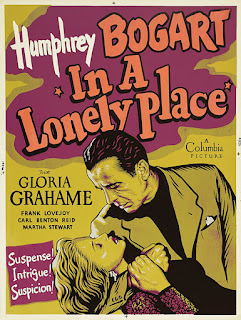I usually follow librarian Nancy Pearl's 'Rule of 50' when it comes to reading books. This rule says if you are 50 years old or under, you need to read 50 pages before deciding whether to continue or give up on a book. If you are over fifty, subtract your age from 100 and use that number. I am fine with deciding not to finish a book, and have often put aside books that I couldn't get into, did not like, or felt life was too short to waste on time on.
I offer this preamble because there were a number of times during reading Colson Whitehead's Zone One (2011) where I almost gave up, and probably should have. I did not enjoy this book and kept waiting for it to get better. About 60 pages in, I looked at some readers' reviews who promised it would improve (they lied!), so I persisted.
Set in New York City over three days, Zone One is a literary zombie novel. A few years ago a global pandemic caused the rapid end of the modern world. Humans infected with the plague turned into living dead 'skels'. Some, who didn't fully become carnivorous zombies, are 'stragglers' caught in a loop, tethered to their old life. The survivors of 'Last Night', the origin of the plague, have been trying to rebuild the world. In Buffalo NY a government has begun to form and work has begun on reclaiming lost territory. The army was sent into Manhattan and established Zone One in the Southern end. Barriers have been built along Canal Street and skels have been cleared in the Zone, in the hopes of eventually repopulating the city.Mark is an average guy. He is nothing special. Over three days Mark's memory goes back and forth in time as he reflects on his Last Night experience, his life before and his existence since. We learn bits and pieces about Kaitlyn and Gary as they all try and survive.





